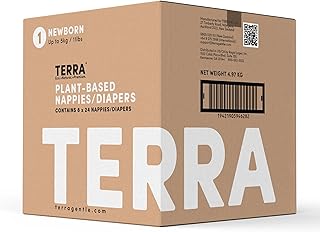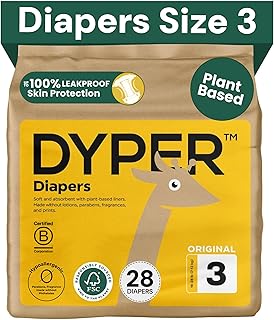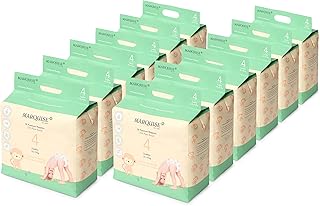The natural hygiene products market has been witnessing significant growth as consumers increasingly seek absorbent products made from more natural and plant-based materials. This trend is prevalent in various categories such as baby diapers, period care, and incontinence care, with new brands entering the market annually. The surge in demand for natural hygiene products can be attributed to consumers’ preferences for safer and gentler ingredients, heightened environmental consciousness, evolving global plastics legislation, and the sustainability commitments of major brands and retailers.
Pricie Hanna, managing partner at Price Hanna Consultants, notes a shift towards using natural, biodegradable fibers like cotton, rayon, hemp, and bamboo viscose in hygiene products, particularly in the feminine care category. Brands like Cora, specializing in organic cotton-based period care products, have experienced substantial growth since their inception in 2016, reflecting the rising consumer interest in natural and organic alternatives.
Liying Qian, a senior analyst at Euromonitor International, highlights the increasing emphasis on plant-based hygiene products that offer both efficacy and eco-consciousness. The market has seen a proliferation of hygiene products incorporating diverse plant-based materials and a growing focus on transparency, education, and sustainable sourcing practices.
Manufacturers are responding to the demand for greener products by exploring renewable alternatives and eco-friendly packaging solutions. Companies like Ontex are witnessing a shift towards circularity in hygiene products, driven by consumer expectations and environmental awareness. While the transition to greener materials presents technical and cost challenges, the industry is striving to balance sustainability with product performance and affordability.
In the baby care segment, brands are eliminating unnecessary chemicals and replacing petroleum-based components with plant-derived ingredients. Dyper, for instance, offers diapers made from bamboo fibers and implements composting programs to reduce diaper waste in landfills. The industry is witnessing a surge in new “green” brands, catering to environmentally conscious consumers seeking sustainable alternatives.
Companies like Daye and Jude are innovating in the feminine care and incontinence categories by introducing organic cotton and bamboo fiber-based products that are biodegradable and compostable. These brands are revolutionizing traditional hygiene products by offering sustainable solutions that prioritize user comfort, environmental impact, and product efficacy.
Moreover, initiatives like Redyper by Dyper and composting projects by Ontex are tackling diaper waste management through innovative solutions. By incorporating bio-plastics, compostable materials, and recycling strategies, these companies are paving the way for a more sustainable approach to hygiene product disposal.
Overall, the natural hygiene products market is evolving rapidly, driven by consumer demand for eco-friendly alternatives and sustainable practices. Brands are increasingly focusing on transparency, innovation, and environmental stewardship to meet the growing expectations of conscious consumers. As the industry continues to expand, the adoption of natural and plant-based materials is poised to reshape the future of hygiene products, offering a blend of performance, sustainability, and consumer well-being.
📰 Related Articles
- Natural Ingredients and Sustainability Drive Growth in Cosmetics Face Serum Market
- Global Natural Cosmetics Market Growth Fueled by Sustainability Trends
- Functional Cosmetics Market Embraces Natural Ingredients for Growth
- Feminine Hygiene Market Trends: Growth, Innovation, and Sustainability
- Feminine Hygiene Market Growth Fueled by Sustainability Trends






